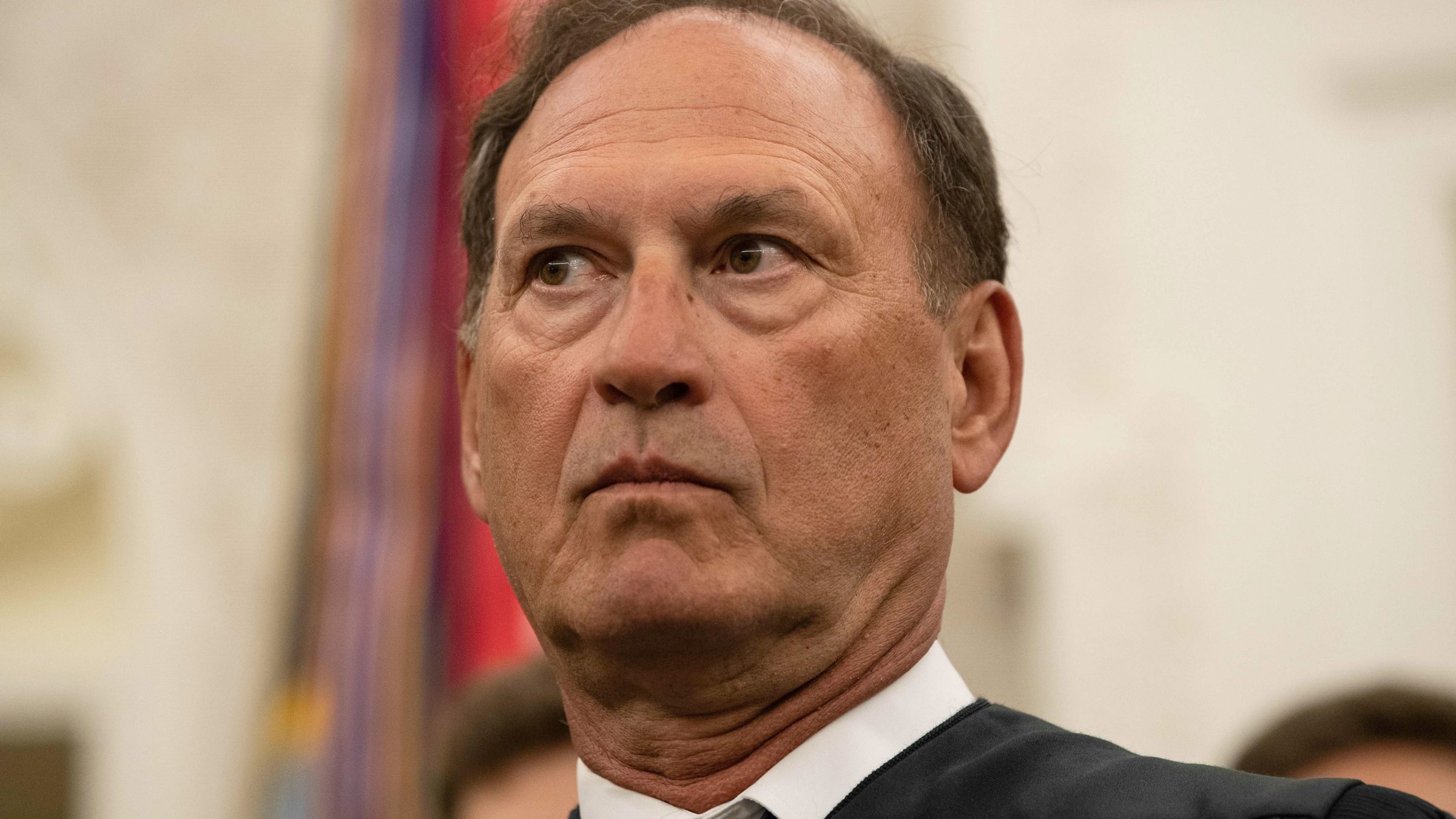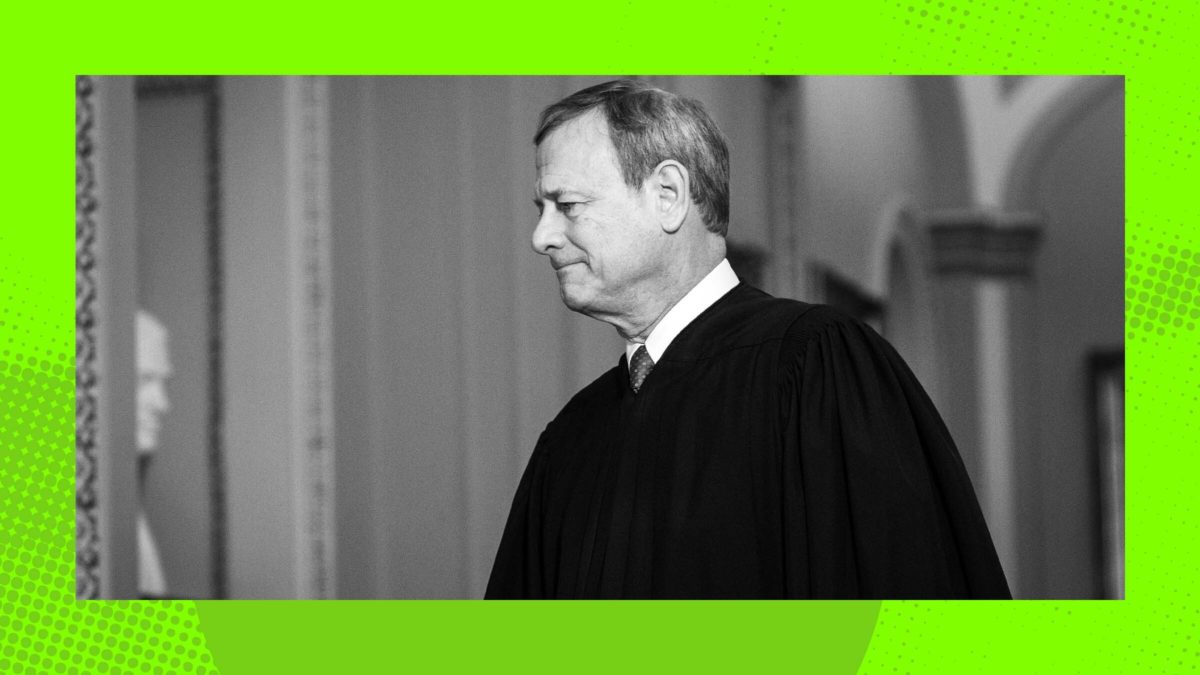Last week, the Supreme Court in a 5-4 unsigned opinion granted Louisiana’s emergency request to reinstate a Trump-era regulation that limits the ability of states to challenge energy infrastructure projects that will cause harmful pollution. The decision in Louisiana v. American Rivers, which came down on the Court’s shadow docket, is yet another victory for a conservative movement dedicated to eviscerating the administrative state. It is also another abuse of the Court’s emergency powers for a request that is neither urgent nor likely to harm anyone anytime soon.
Traditionally, those emergency powers were used in circumstances where the person asking for last-minute intervention would suffer irreparable harm without it. A person on death row petitioning for a new trial, for example, needs a way to ask the Court for a stay of execution, since they would obviously suffer irreparable harm if they were killed by the state while waiting to hear back. Prior to the tenure of Chief Justice John Roberts, “shadow docket” usage was mostly limited to death penalty matters or, just as frequently, mundane case management requests. It was rare for the Court to grant a shadow docket request that implicated large numbers of people.
In 2015, however, law professor William Baude wrote about noticeable increases in both the justices’ usage of their emergency powers and the stakes of the matters they were deciding. “In important cases, it granted stays and injunctions that were both debatable and mysterious,” he wrote. As noted by law professor Steve Vladeck, in the mid-2000s, each term ended with an emergency relief grant count in the single digits. In the most recently-completed term, the Court granted such relief 20 times.
Unlike most opinions issued in cases on the standard merits docket, “shadow docket” opinions are unsigned. They are typically brief, rarely briefed, occasionally sloppy, and contain little to no explanation of the underlying reasoning, all of which make things very difficult for lower court judges trying to apply the Court’s precedent. Some of these opinions have made sweeping changes to existing law: This term, for example, the Court used the shadow docket to sanction the de facto prohibition of abortion care in Texas, force the Biden administration to reinstitute a Trump-era program that cuts back on due process for asylum seekers, and block efforts to mitigate the spread of COVID-19 in workplaces. The shadow docket’s unique features make it even easier than usual for justices to pass off their policy preferences as what the law requires.

When someone says mean things about your precious, precious shadow docket (Photo by NICHOLAS KAMM/AFP via Getty Images)
A particularly concerning trend is the increase in grants of certiorari before judgment, when the justices overturn a lower court decision before the relevant court of appeals has weighed in. The Court’s rules specify that these grants should occur only in cases “of such imperative public importance” that require “immediate determination in this Court.” According to Vladeck, the Court’s grant of cert before judgment in Students for Fair Admissions v. University of North Carolina—a case that may determine the future of affirmative action in higher education—was the 14th such grant in the last three years. In the preceding 14 years, it did not do so once.
These cases can have serious implications for democracy. In February, the Court intervened before judgment in Merrill v. Milligan to block a federal district court order that would have required the Alabama legislature to redraw its congressional map to ensure it did not dilute the power of Black voters. The Court similarly intervened in a Wisconsin redistricting fight in March, reinstating an outdated and discriminatory map for use in that state’s upcoming midterm elections. In both cases, the “emergency” upon which the Court was acting was the possibility that the redistricting maps favored Black voters a little too much. This is the common thread among this conservative Court’s shadow docket decisions: Each one feels a lot like the conservative justices doing what they want, when they want to do it.
Despite engaging in conduct some would describe as flagrantly out of step with traditional boundaries on the Court’s power, a few of the conservative justices reject any suggestion of impropriety on the shadow docket, and can get pretty touchy when the subject comes up. In September, Justice Samuel Alito called the term “sinister” in a speech responding directly to criticism from The Atlantic’s Adam Serwer. Defending the Court in Merrill, Justice Brett Kavanaugh called Justice Elena Kagan’s critique of the shadow docket as “off target” and “catchy but worn-out rhetoric.”
The justices resumed this fight in Louisiana v. American Rivers. Kagan, joined by Justices Sonia Sotomayor and Stephen Breyer and Chief Justice John Roberts, protested that Louisiana hadn’t shown that it would suffer irreparable harm if the lower court decision to which it objects were to remain in place during appeal. “By nonetheless granting relief, the Court goes astray,” Kagan wrote. “That renders the Court’s emergency docket not for emergencies at all. The docket becomes only another place for merits determinations—except made without full briefing and argument.”
Last week, Justice Amy Coney Barrett again addressed criticisms of this Court’s political bent in a speech at the Ronald Reagan Presidential Library in Los Angeles. “Read the opinion,” she urged the audience in perhaps-ominous allusion to some of the opinions to come. “Does [it] read like something that was purely results driven and designed to impose the policy preferences of the majority, or does this read like it actually is an honest effort and persuasive effort…to determine what the Constitution and precedent requires?” The shadow docket opinion in American Rivers dropped a day later. At one paragraph, there wasn’t much to read.

